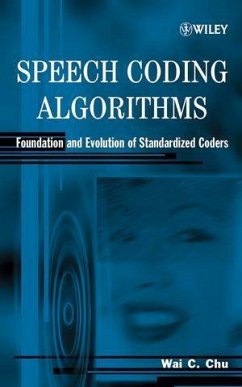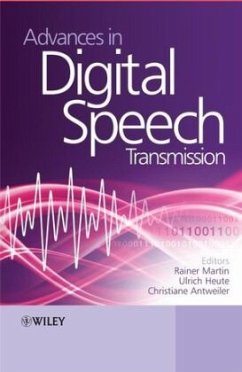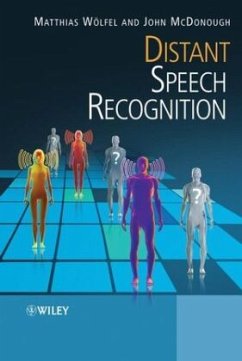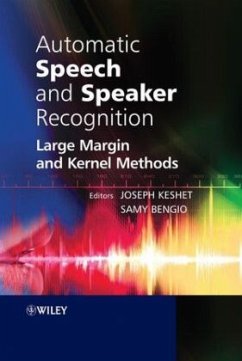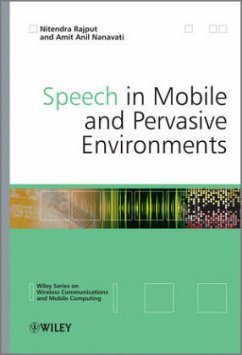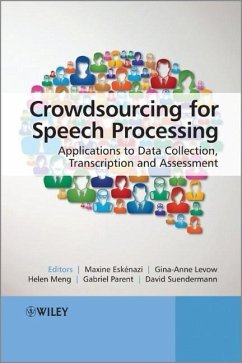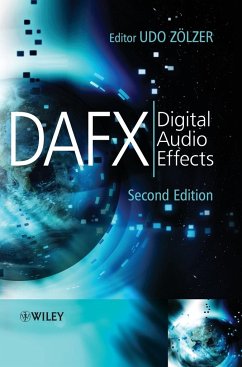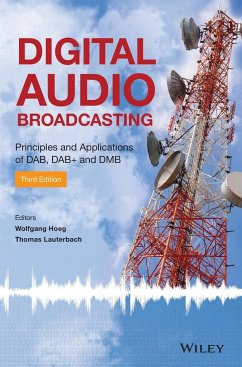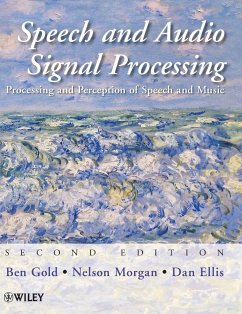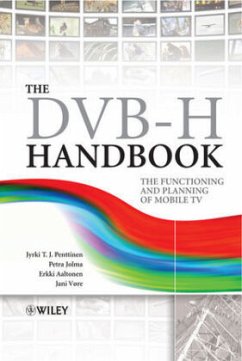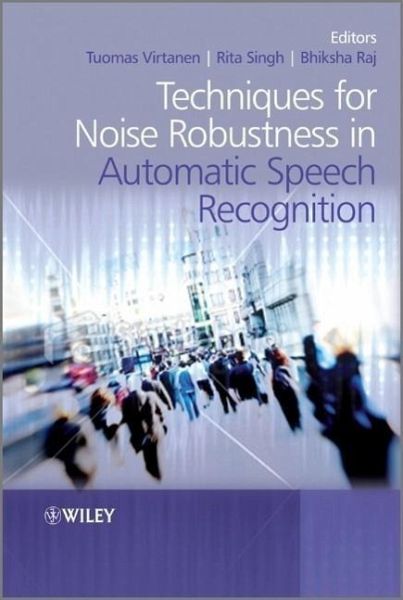
Techniques for Noise Robustness in Automatic Speech Recognition
Versandkostenfrei!
Versandfertig in über 4 Wochen
122,99 €
inkl. MwSt.
Weitere Ausgaben:

PAYBACK Punkte
61 °P sammeln!
With the growing use of automatic speech recognition (ASR) in everyday life, the ability to solve problems in recorded speech is critical for engineers and researchers developing ASR technologies. The only resource of its kind, this book presents a comprehensive survey of state-of-the-art techniques used to improve the robustness of ASR systems. Written by experts in the field, the book considers the causes of signal degradation in ASR systems, and describes methods to correct for data corruption, noise, reverberation, clipping, distortions, packet loss, and other phenomena adversely affecting system performance.
Automatic speech recognition (ASR) systems are finding increasing use in everyday life. Many of the commonplace environments where the systems are used are noisy, for example users calling up a voice search system from a busy cafeteria or a street. This can result in degraded speech recordings and adversely affect the performance of speech recognition systems. As the use of ASR systems increases, knowledge of the state-of-the-art in techniques to deal with such problems becomes critical to system and application engineers and researchers who work with or on ASR technologies. This book presents a comprehensive survey of the state-of-the-art in techniques used to improve the robustness of speech recognition systems to these degrading external influences.
Key features:
Reviews all the main noise robust ASR approaches, including signal separation, voice activity detection, robust feature extraction, model compensation and adaptation, missing data techniques and recognition of reverberant speech.
Acts as a timely exposition of the topic in light of more widespread use in the future of ASR technology in challenging environments.
Addresses robustness issues and signal degradation which are both key requirements for practitioners of ASR.
Includes contributions from top ASR researchers from leading research units in the field
Key features:
Reviews all the main noise robust ASR approaches, including signal separation, voice activity detection, robust feature extraction, model compensation and adaptation, missing data techniques and recognition of reverberant speech.
Acts as a timely exposition of the topic in light of more widespread use in the future of ASR technology in challenging environments.
Addresses robustness issues and signal degradation which are both key requirements for practitioners of ASR.
Includes contributions from top ASR researchers from leading research units in the field



